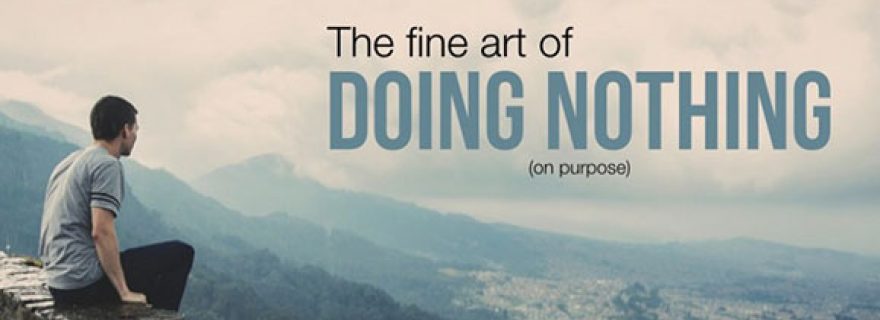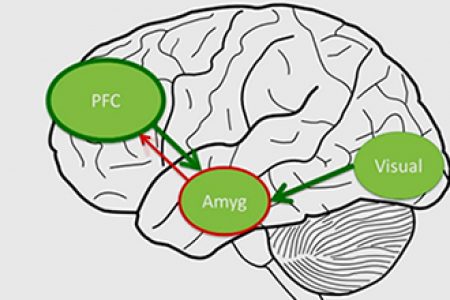The Fear of Missing Out: why doing nothing is ridiculously difficult
“Oh if only I could go back to being 25, it was the best time of my life! Nothing to worry about, nothing to fear”. Indeed, your twenties are great, there’s a world of possibilities right in front of you! You only have to make the right decisions…
With endless opportunities, the pressure of making the right decisions might feel burdensome. According to a survey among 1100 adolescents, 86% stated that they felt under pressure to succeed in their relationships, jobs, and finances before becoming 30. This “quarter life crisis” is amplified by modern technology and social media. A glimpse on Facebook will show the status update of a same-aged peer who bought a house. Instagram shows pictures of shiny engagement rings and lovely pregnancy announcements. And scrolling through LinkedIn will show you classmates who got promoted or have published in the most prestigious journals.
Fear of Missing Out
Social media makes us question whether we are on the right path, whether we aren’t missing out on something. Many of us are suffering from the “Fear of Missing Out” (FoMO). FoMO, which was added to the Oxford English Dictionary in 2013, refers to the feeling of “Anxiety that an exciting or interesting event may currently be happening elsewhere, often aroused by posts seen on social media.” It is the fear that one might miss an opportunity for social interaction, a novel experience, profitable investment or other satisfying events. It perpetuates the fear of having made the wrong decision on how to spend time.
And therefore we make sure that we do not waste time. We plan to go to festivals, parties, networking events, sign up for a second master, determined to spend every second wisely. Even our holidays or weekend trips are often fully booked: the Lonely Planet highlights have to be seen (and photographed and posted online) and TripAdvisor recommends these 10 restaurants, so we have to be sure to make dinner reservations on time!
Doing nothing
No wonder we feel exhausted sometimes. It seems as if we are not capable of doing nothing. Think about it, when was the last time you did nothing, really just nothing? You probably listen to Spotify on your way to work, watch the news while making dinner and check Netflix before you go to bed. Every free moment is filled. Presumably because we have a wrong attitude about ‘doing nothing’. We often label it with words as lazy, inefficient and unproductive. But in fact, the exact opposite is true: doing nothing makes us more creative and productive.
Sir Isaac Newton described that the ‘notion of gravitation came into his mind’ while he sat ‘in contemplative mood’ (i.e., doing nothing) and saw an apple fall from a tree. One of the most covered songs of the Beatles, ‘Yesterday’, came to Paul McCartney while he was sleeping. Great ideas and insights don’t come from (over)thinking or planned activities – they usually come through us when we take a step back, when we are completely relaxed.
Doing nothing can help you to take that step back. But, as counter intuitive as it may sound, doing nothing is quite difficult. You might need to practice and start small, for example: try doing nothing for 2 minutes. Or start this Sunday without any plans, lay down in a field of flowers and enjoy the sun, or walk through the park and listen to the birds. It might sound woolly and soft, but it just might give you the insight to become the future Nobel prize winner!





